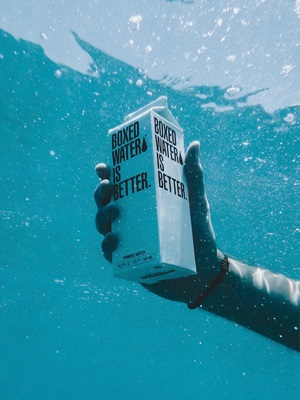From the late 20th century onwards, scientists urged the public, governments, and policymakers to seriously consider how the world’s economic activities were impacting our world. The word “climate change” seemed like a scary, far-off concept back then. The image the term painted- a barren, desolate world devoid of life, seemed improbable and unnecessarily frightening. Many people believed that there was absolutely no way that we would end up in that situation, that one day the plentiful resources and natural spaces we enjoyed would shrivel up and die from the Earth’s natural balance being tipped.
Today in 2025, it seems that we are hurtling towards that reality at lightning speed, a reality that many around the world are already experiencing.
A few years ago, I came across the term “the Lucretius Problem”, coined by Nassim Taleb, in an article by John Vaillant about climate change. I was struck by how the term perfectly encapsulated the sense of denial that most people, including myself, felt about the reality of climate change. The term refers to the belief, or cognitive bias in more technical terms, that the worst to come has already occurred, and that future experiences could not possibly be worse than what has come before. On the one hand, this mentality could foster a sense of resilience when dealing with life’s difficulties. On the other, it allows us to reside in the cushy, comfortable mental space that says “everything will be fine!” when it most certainly will not be.
resources they have. These consequences will not be exclusive to those in less economically-developed countries; they will affect everyone, and there will be nowhere to run.
We have just under 5 years to half our emissions to prevent a 1.5°C increase above pre-industrial temperatures before the balance tips into a worldwide catastrophe. But if the 2030 cut-off point was officially declared in 2015 with the adoption of the Paris Agreement, why is it that governments and major corporations have not met the target already after a decade? Why is it that we still continue to use vast amounts of plastic in everyday life, and depend on unsustainable fuel sources to power our homes and shelter ourselves from the rising heat?
Why is it that we continue to live with our heads in the sand, waiting until devastation is upon us to start taking more serious measures? How are we as individuals supposed to make a difference when corporations from the energy and agricultural sector are responsible for 91.6% of emissions?
To many of us, worrying about the climate is a luxury that many of us cannot afford. Between the rising cost of living and the abysmal job market, not everyone can afford eco-friendly, sustainable alternatives and organic groceries. We have no say in many global government policies, and how big corporations choose to run their operations. We are but a ‘drop in the ocean’, as people say.
But, what if that drop was important elsewhere?
Instead of on a grand scale, we can focus on the change we can make to our own lifestyles and within our own communities, while continually striving to make a greater impact. We change the fact that significant changes are coming within the next 5 years, but we should not live in a state of denial, either. We can be more conscious of how often we use the AC at home, bring our own reusable containers when buying food and drinks, buy locally-grown vegetables whenever possible, and opt to use reusable grocery bags. We can get involved with local organisations like Zero Waste SG, Marine Stewardship Council, and ACRES, and assist them in their fight to save our planet. We can put pressure on governments and policy makers, and insist that they choose the future of the planet instead of profit.
If we choose to take our heads out of the sand, and face the reality of our future head on, we can make and inspire change that will benefit us for years to come.
Posted 13/06/2025

















